Egg donation laws and egg donor regulations vary greatly per country. In most countries donating and receiving eggs is legal, various egg donation programs are available (fresh or frozen eggs) and you can choose between non-anonymous (open ID donors) and anonymous donors. In some countries, oocyte donors are financially compensated whereas in others, like Australia, egg donation is altruistic.
Getting pregnant with donor eggs in Australia
What is the situation of egg recipients in Melbourne, Sydney, Brisbane or Perth? Unfortunately, it leaves a lot to be desired. The law is stiff and obsolete. According to Australian regulations egg donors and recipients have to be known to each other and egg and sperm donors cannot choose to be anonymous – they are called open ID donors. All Australian oocyte donors are recorded on a special register and such details are available to the child when they turn 18 years old.
Is it easy to find an egg donor in Australia?
Seeking egg donor in Australia may not be straightforward and can be quite challenging. Open ID donor regulations mean that some patients turn to a family member or friend who is willing to donate her eggs. What about those who are not so lucky to have such a generous person close to them? All the other women in need of eggs resort to searching the Australian egg donor forums, often begging and pleading online just to find a suitable donor. Even if they find a donor they like (matching phenotype, higher education, interests, etc.), it does not mean that this donor will accept the recipient. What is more, there seems to be little chance of matching the donor’s phenotype to the recipient as this does not seem to play a role for the donors – the potential recipients remain at their mercy. It seems it is a constant struggle. The potential recipients described the situation as upsetting, unfair, and stressful, writes Mark Saunokonoko in his article for Nine. Even Australian fertility doctors are careful with advising the egg donor route knowing the current situation in Australia.
It is not uncommon for potential recipients to encounter peculiar and highly questionable demands from donors. Some of them request to play a part in the child’s life, such as attending birthdays and visiting during national or religious holidays. This may be difficult for some couples to accept. Many recipients agree to various demands as donors are so scarce. Some recipients prefer to have distant, if any, relationships with their egg donor and therefore decide to travel abroad to use anonymous donor’s services. It seems easier and less stressful.
What is more, women that refuse an Australian donor’s offer have been blacklisted and are not able to continue their search. Egg recipients have been urged to be active on the Australian egg forums and frequent meetings to maximize their chances of closing the deal with a donor.
Donor eggs in Australia – the shortage and the money
Australia’s Prohibition of Human Cloning for Reproduction Act prohibits selling or buying human eggs, sperm, and embryos. It is also illegal to pay egg donors. The very idea of banning the trading of human biological material is a very reasonable idea; however, this does not stop some people from taking advantage. Many childless couples in desperate need of donor eggs will do everything (even pay) to realize their dream. These payments usually cover “reasonable expenses” incurred by egg donors such as doctor’s appointments, travel, medicine, or even parking.
Another problem egg recipients face is time. Some couples have been on the waiting list for more than four years without getting close to finding a donor whereas European fertility clinics usually offer a 1-2 months waiting lists and some clinics offer egg donors who are available immediately for a fresh cycle. Most clinics in Europe have their own egg banks or work with the biggest banks in Europe to provide frozen eggs and sperm at a time that suits patients best.
Some egg recipients from Australia even reported dishonest practices by donors who demanded more money after they started undergoing their hormonal stimulation or sometimes even 1 week before the visit to the clinic. They threatened the women by withdrawing from the deal if they didn’t receive more money. There have been donors who pulled out at the last moment – that adds to all the stress that is experienced by the egg recipients.
Egg donation abroad/in Europe
Australian women search for egg donors online, on forums, and in Facebook groups. However, it has been reported that when some of them have tried to discuss egg donation treatment abroad or buying eggs from an egg bank abroad, they have been attacked online and banned from groups.
You may be interested in reading: Australians go to Europe for IVF with donor eggs
Some Australian women gave up the donor search in their home country and decided to travel to overseas IVF clinics (in Spain, Greece or Ukraine) and have affordable egg donation there.
Some Australian women have given up searching for a donor in their home country and have decided to travel to overseas for IVF treatment (in Spain, Greece or Ukraine) and have affordable egg donation there.
Egg donation abroad seems simpler, stress-free and without all the hassle that surrounds dealing with an Australian donor. In IVF clinics in Europe you do not even have to meet the donor. They remain anonymous. More and more Australians travel for IVF with donor eggs to Spain, Ukraine, the Czech Republic, the USA, and Argentina. It is becoming more popular and more common than in the past. If they choose a clinic in Europe, they have many options to choose from:
- Anonymous egg donors – the egg donor remains anonymous, there is no access to donor’s photo. However, phenotype matching is mandatory (fertility clinics in Greece, Spain, etc.),
- Anonymous egg donors – you can see the photo of the donor as a baby (fertility clinics in Ukraine and Russia),
- Anonymous egg donors – you can see the photo of the donor (fertility clinics in Ukraine and Russia),
When they start IVF treatment, patients in Europe deal only with the clinic, not with the donor. A patient buys an egg donation programme from a clinic.
Traveling abroad for fertility treatment may be seen by some as a new idea, however, it isn’t. Australians have been accustomed to traveling abroad to have dental work or cosmetic surgery (nose job, breast enlargement surgery) done in Europe or Asia. Mainly, because of more affordable treatment. Infertile couples are willing to do a lot to realize their dream of parenthood. Traveling overseas is not that big a sacrifice for people who are willing to go to great lengths to become parents.
Australian egg recipients say they are thankful for generous donors and their beautiful gestures; however, they do not feel that all these restrictions and limitations are necessary. When you go to a trusted IVF clinic abroad, you can simply purchase eggs and sperm, and have the embryo transfer done at the clinic.
The final decision on where to have IVF treatment belongs to women who plan on getting pregnant with donor eggs. If they prefer their child to have access to information about their egg donor when they turn 18 and are able to endure the arduous, time-consuming and difficult process of finding a suitable donor in their home country, then IVF in Australia should be a good solution for them.
On the other hand, if you do not feel that there is a need for your child to meet the egg donor in their adult life (who will be a stranger to them), you can choose the anonymous donor route. It does not mean you have to hide the fact that your child’s conception was carried out with the help of donor eggs. Your child should know about their origins. If you are comfortable with this option and prefer to get in touch with a clinic where you can easily purchase and undergo an egg donation program, then IVF treatment abroad is the best solution for you and your partner.
There seems to be no drive towards any change in law concerning egg donation in Australia and therefore it is predicted that the demand for donor eggs will continue to grow in Australia like elsewhere.
Table of Contents


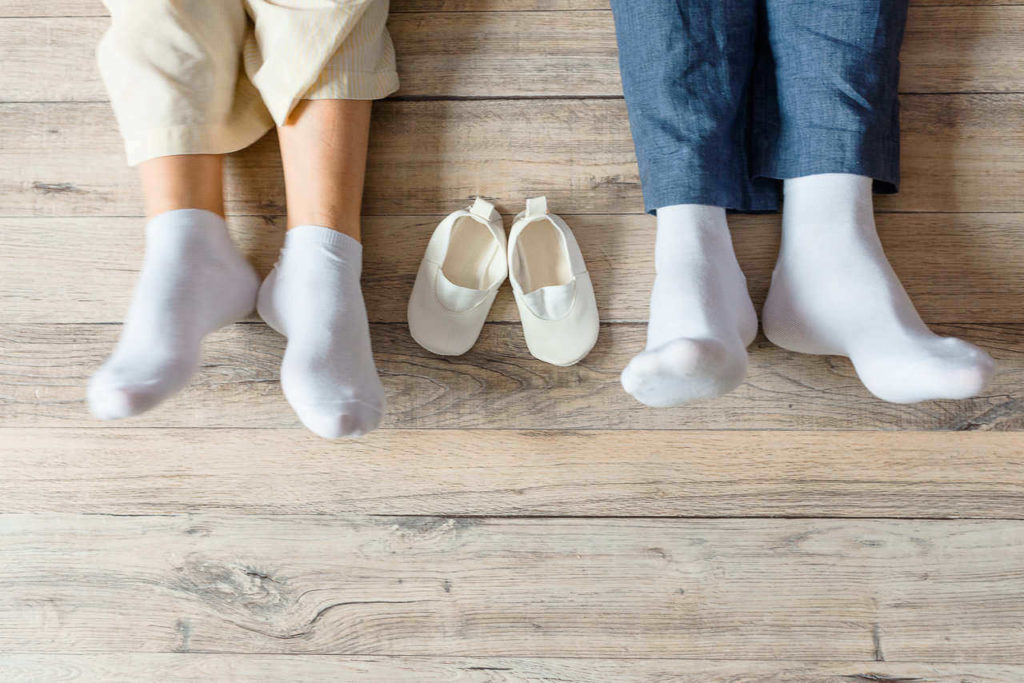
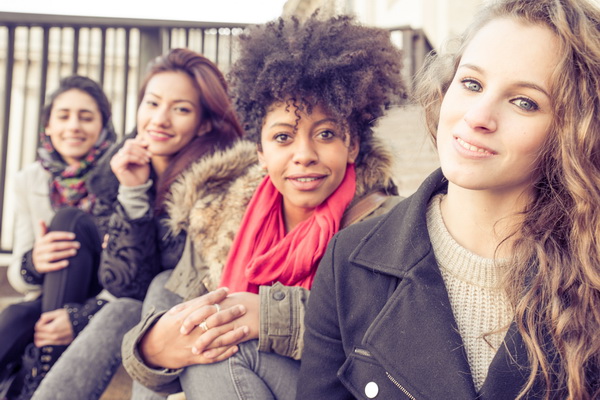
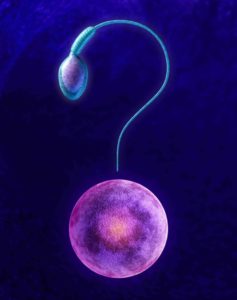
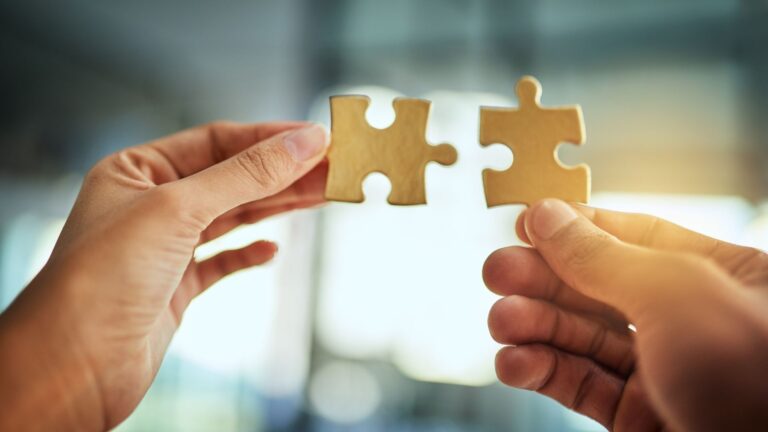

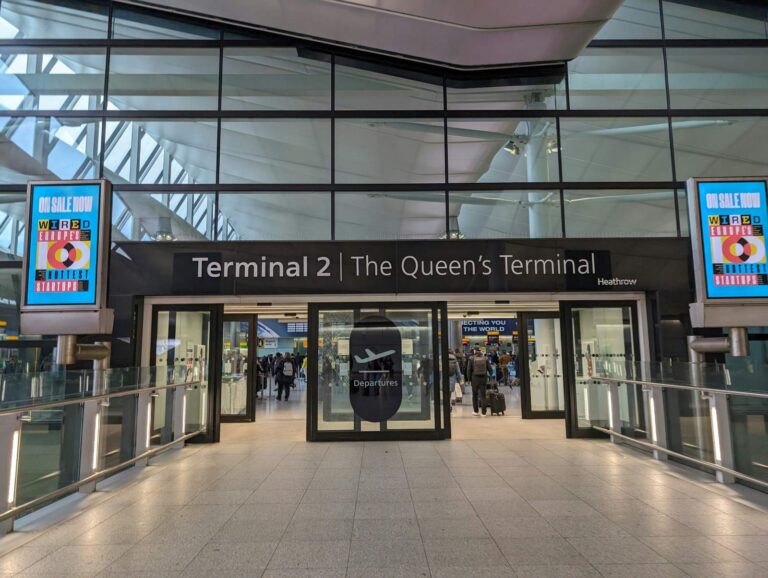
Wow! As an Aussie donor, I kinda feel attacked by this!
I’m sure things don’t always go smoothly, but you’ve neither referenced nor quantified your assertions! I’d argue that being mostly known & altruistic, makes us LESS likely to flake out & make unreasonable demands!
I donated to a friend, knowing what she’d been through, and being confident about the kind of mother she’d be. I ended up at high risk, and had to drive myself to the clinic daily just to avoid losing an ovary or dying. And I did not flake out, thanks very much!
In fact, I was determined to go through with it, despite the whole business turning into such a huge pita, because I wasn’t gonna waste my friend’s time/money or hopes.
I agree there should be more room for compensation here, but there needs to be balance. It definitely makes it hard to donate to a stranger given the risks, discomfort, and potential costs involved. (If I’d been working, it would have cost me weeks off work aside, from time!)
Your focus seems to be all on the recipient’s rights. There’s good reason for an ID register; it’s well-established that people who were historically lied to about their origins, or denied the right to know their genetic heritage (or birth parents, in adoption) have suffered enormously. They have rights, and I wouldn’t donate if the child’s rights weren’t going to be respected.
And (though I didn’t demand it,) we agreed it would be best for her child to be told their birth-story (age-appropriately) early on, and I will be “Aunty,” (my kid calls her Aunty, too.) If the recipient didn’t consider the child’s right to know about (& normalise) their story reasonable, I’d have to question their capacity to put the child’s needs above their own.
Our system ain’t perfect, but it’s arguably better than systems in which women’s bodies and lives are put at risk because wealthier people can leverage poverty to their advantage. Bodies and lives should not be for sale.